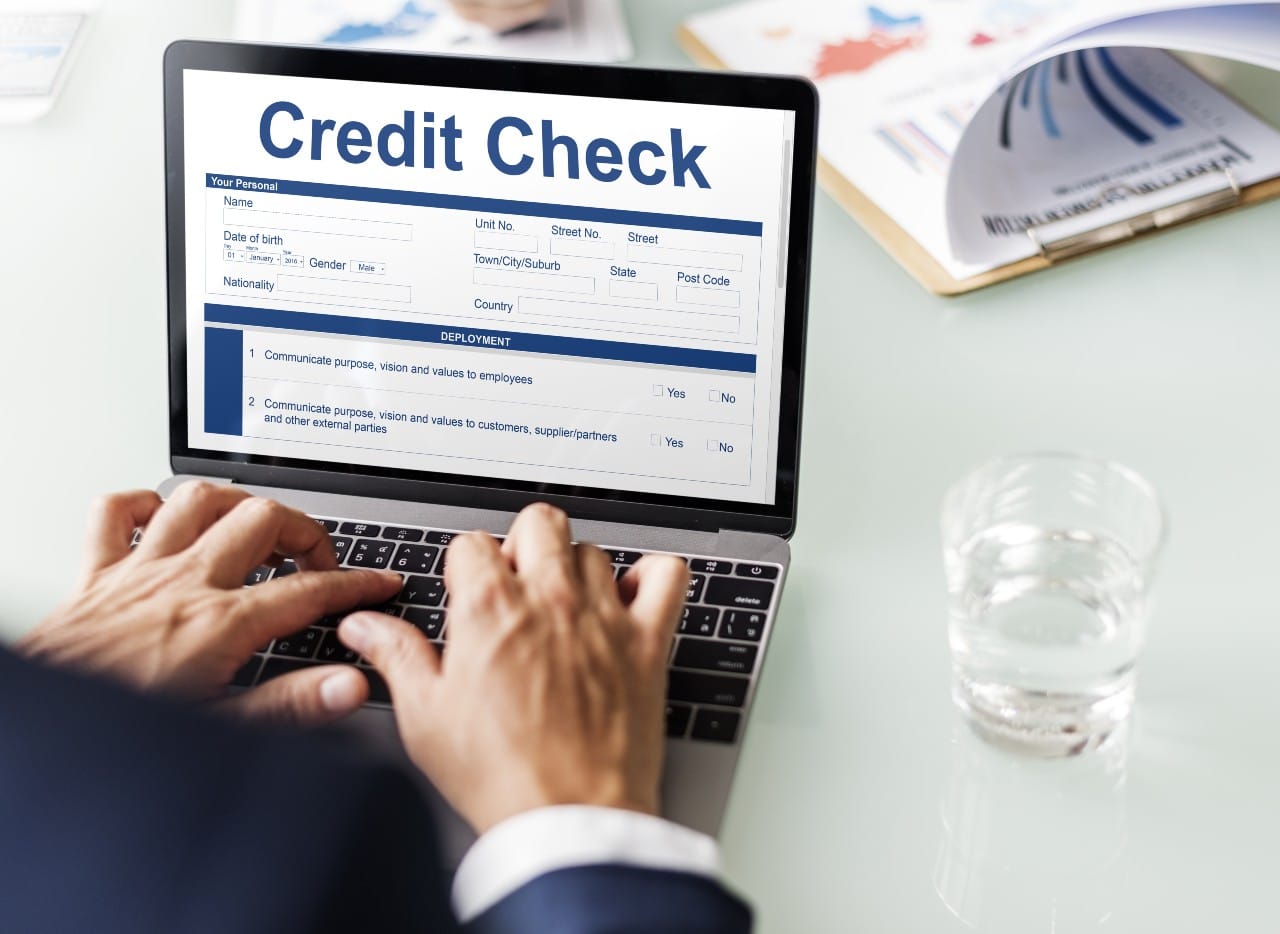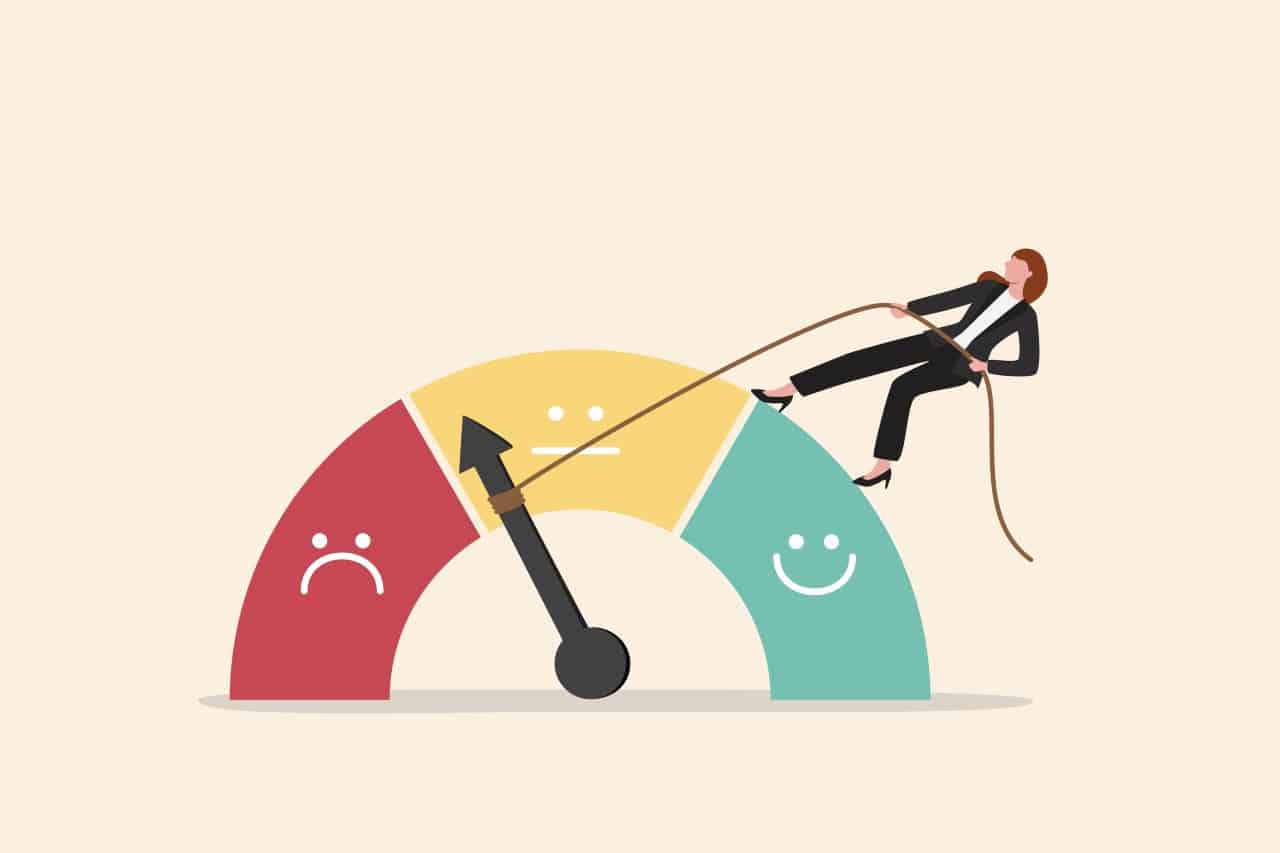Most of us know what a credit check is, a quick evaluation of our perceived ability and likelihood to pay for debts. Lenders, landlords, and sometimes insurance companies and employers rely on credit checks. Despite being fairly straightforward there are factors that most are not aware of. Knowledge of these factors is one way you can protect your credit or rebuild it. One such factor is the difference between a soft credit check and a hard credit check. Soft and hard credit checks are the difference between a quick look and an evaluation. A lot of evaluations at once and the credit bureaus, like Equifax and TransUnion, will start to wonder if there is a need for concern.
Why Knowing The Difference Between A Hard And Soft Credit Check Matters
Knowing the difference between a soft credit check and a hard one is important. Not knowing the difference can lead to damaging your credit. The worse part would be not being aware of the damage before it’s too late. Many don’t find out that their credit rating is in trouble until they need to take out credit. By then there’s nothing you can do. The credit is either denied or comes at a hefty cost by way of very high interest rates.
Soft Credit Check
What Is A Soft Credit Check?
A soft credit check isn’t a full assessment of your credit history. It’s a cursory look at your credit to see how likely you are to be approved for a service. It also gives them a very general idea of how you handle debt. This check does not affect your credit score. The results of a soft check are only viewable by you and the person or business doing the check.
What Situations Require A Soft Credit Check?
Soft checks are used for preauthorized credit cards, employers, or insurance companies deciding on your premium. Soft credit checks do not require the subject’s permission. They are used to assess your likelihood of being approved for credit or get a slight insight into how well you manage money. These don’t act against your credit and do not show up in your credit report. As such there’s no limit to how many soft credit checks you can do and how often.
Hard Credit Check
What Is A Hard Credit Check?
A hard credit check is a more in-depth look at your credit history. It gives those searching a better understanding of how you use your credit. It also shows what has occurred in your financial history. They can use that info to assess how financially reliable and stable you are. These checks are monitored and impact your credit score when too many occur within a short period of time.
What Situations Require A Hard Credit Check?
Some examples of hard credit checks are landlords when you apply to live in their building, banks offering loans, car loans, and credit card companies. Your permission is always required to do a hard credit check.
How To MinimizeTheir Damage
The fact that a hard credit check can hurt your credit seems daunting. There are ways to mitigate this situation to lessen the impact. When searching for a loan, usually people research many banks and lenders for the best rate. Each of these institutions will, of course, want to do a hard credit check. Luckily, there’s a grace period. Credit bureaus offer a 14 to 45-day grace period. All the checks done within this grace period only count as one hard check. This ensures there’s no penalty for rate shopping.
How Many Can You Do?
Determining how many hard credit checks it takes to damage your credit is a difficult thing to answer. There is no set amount of hard credit checks that can damage your credit. There are no hard and fast rules for how much damage you’ll incur either. It’s all about patterns. A couple of hard credit checks every once and a while won’t do much and come across as normal. Several within a short period of time would paint another picture. Credit bureaus might see it as an indication your financial stability is in trouble. Hard credit checks stay on your credit report for two years.
What If You Check Your Own Credit Score?
If you want to check your own credit it does not count as a hard credit check. No matter why and how often you check your credit it will not impact your credit score. In fact, it’s a good practice to check your credit report regularly to ensure the information is accurate and timely.
You Can Protect Your Credit Health By Knowing The Difference!
Your credit score is more than a number it is a factor of perception. Many people and institutions rely on this information to make decisions that affect your financial future. You must do your best to present your credit in the best way possible. Many hard and soft credit checks are required over a person’s lifetime. Knowing the difference is your best defense. You might not be able to avoid hard credit checks but knowing their impact is important. Thinking ahead and knowing what affects your credit can make all the difference.
If your financial situation has led to a drop in your credit score, our expert Credit Counsellors can help. Get in touch to find out how.









